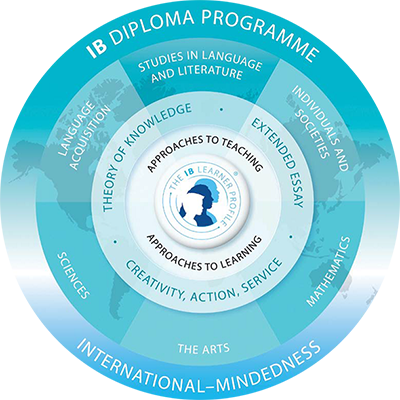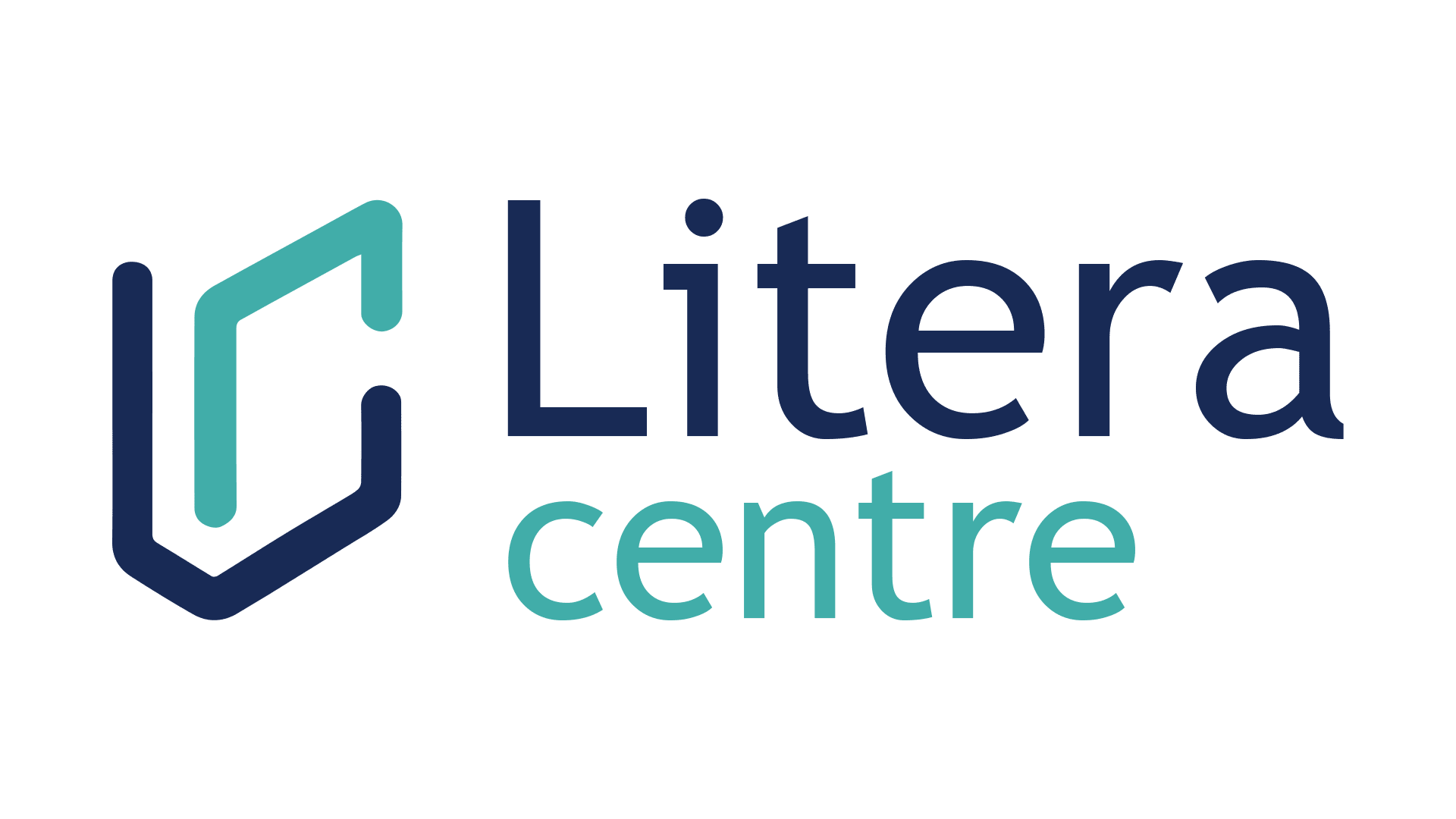Have you reached that pivotal stage in your education where you need to make a decision that could shape your future? Well, the International Baccalaureate (IB) program offers two main paths for high school students: the IB Diploma and the IB Certificate. Both options are challenging and respected worldwide, but they have distinct features that cater to different needs and aspirations. In this blog, we’ll explore the differences between the IB Certificate and IB Diploma, helping you make an informed choice for your academic journey.

The IB Diploma:

The International Baccalaureate Diploma is an all-encompassing, rigorous program designed to provide students with a comprehensive education. It requires students to study a broad range of subjects, ensuring a well-rounded learning experience.
IB Diploma Curriculum:
The Diploma program consists of about six subject groups: Language and Literature, Language Acquisition, Individuals and Societies, Sciences, Mathematics, and the Arts. In each group, students are required to choose specific courses that align with their interests and career goals. Additionally, students must complete three core components: Theory of Knowledge (TOK), Extended Essay (EE), and Creativity, Activity, and Service (CAS).
The TOK challenges students to think critically about knowledge and its foundations, while the EE allows them to delve deep into a research question of their choice. CAS encourages students to engage in extracurricular activities that promote personal growth and community involvement.
Advantages of the IB Diploma:
- Holistic Education: The IB Diploma equips students with a wide array of skills, fostering a well-rounded personality and encouraging lifelong learning.
- University Recognition: Universities worldwide hold the IB Diploma in high regard due to its challenging nature and emphasis on critical thinking.
- Global Perspective: The program’s international focus and emphasis on intercultural understanding prepare students to thrive in a globalized world.
- Strong Community: The IB community offers a supportive network of educators and fellow students, fostering collaboration and a sense of belonging.
Challenges of the IB Diploma:
- Workload: The program demands dedication and time management skills, which can be overwhelming for some students.
- Narrow Focus: The requirement to study six subject groups may limit the depth of study in a particular field for students with a specific passion.
The IB Certificate:

The International Baccalaureate Certificate allows students to choose individual IB courses without pursuing the full diploma. This option grants flexibility and allows students to focus more intensely on specific subjects they are passionate about.
IB Certificate Curriculum:
As an IB Certificate student, you have the freedom to select specific IB courses from the six subject groups based on your interests and strengths. You can choose to take just one or two IB courses or complete several.
Advantages of the IB Certificate:
- Flexibility: The IB Certificate enables you to tailor your studies according to your interests and academic goals.
- Focus on Strengths: If you excel in a particular subject, the certificate allows you to emphasize it, showcasing your expertise to potential colleges or employers.
- Reduced Workload: As you’re not pursuing the full diploma, the workload may be more manageable, allowing you to balance academics and extracurricular activities.
Challenges of the IB Certificate:
- University Recognition: While the IB Certificate is recognized, some universities may value the full diploma more, potentially affecting college admissions.
- Lack of Holistic Education: The certificate may not provide the same level of holistic education as the IB Diploma due to the limited scope of subjects studied.
Conclusion for differences between the IB Certificate and IB Diploma:
In summary, consider your goals and priorities when deciding between the IB Diploma and the IB Certificate. For a comprehensive education with an emphasis on critical thinking and cross-cultural understanding, the IB Diploma might be appropriate. On the other hand, if you are looking for flexibility in course selection and have specific academic interests, the IB Certificate might be a better fit.
Keep in mind that both pathways offer valuable learning experiences and access to prestigious universities and exciting careers. Whichever option you choose, approach it with commitment, enthusiasm, and a desire for academic and personal growth.
If you would like personalized guidance on your IB journey, visit the Litera Centre and let our experts help you make the best decision for your future.
FAQs
Q. Can you switch from the IB Certificate to the IB Diploma?
Yes, in many cases, schools allow students to switch from the Certificate to the Diploma, depending on their performance and the school’s policies. However, it’s essential to discuss this with your school’s IB coordinator and consider the implications of such a change.
Q. Will pursuing the IB Diploma limit my extracurricular involvement?
While the IB Diploma can be demanding, it also encourages students to participate in extracurricular activities through the CAS component. Balancing academics and extracurriculars is possible with effective time management and prioritization.
Q. Are the IB Diploma and IB Certificate equally valued by colleges and universities?
While both options are recognized, some institutions may prefer applicants with the full IB Diploma due to its comprehensive nature. However, many universities appreciate the rigor and international perspective that both paths offer, so the choice should align with your academic goals and interests.
Q. Is the IB program suitable for all students?
The IB program is challenging and requires dedication. It may not be the best fit for every student, as different individuals have diverse learning styles and preferences. It’s essential to research and reflect on your strengths and interests before committing to the IB program.
What is an IB Diploma?
An IB Diploma is an academic qualification offered by the International Baccalaureate (IB) program. It’s a comprehensive certificate showing completion of a challenging and internationally recognized high school curriculum. Think of it as a badge of honor for completing a rigorous course of study.
How do you get an IB Diploma certificate?
To earn an IB Diploma, you need to complete specific courses in various subjects, participate in extracurricular activities, and pass exams at the end of the program. It’s like running a marathon of learning, demonstrating your skills and knowledge in different areas to earn the certificate.
What is an IB Diploma in high school?
In high school, an IB Diploma is a prestigious qualification that demonstrates your ability to handle challenging coursework. It’s like saying, “I’m ready for whatever comes next!” It’s respected worldwide and can open doors to universities and job opportunities globally.
Is an IB Certificate worth it?
Whether an IB Certificate is worth it depends on your goals. If you want to focus on certain subjects or have other commitments outside of school, it can be a great option. However, if you want the full IB experience and the benefits that come with it, like a well-rounded education and global recognition, then the IB Diploma might be the way to go.
What is the difference between an IB Diploma and an IB Certificate?
The main difference between an IB Diploma and an IB Certificate is the scope of the program. With the Diploma, you complete the full IB curriculum and earn a comprehensive qualification. With the Certificate, you pick and choose specific courses to study and receive certificates for each one. Think of it like ordering a full meal versus just getting a side dish—you still get something tasty either way, but one is more filling than the other!






